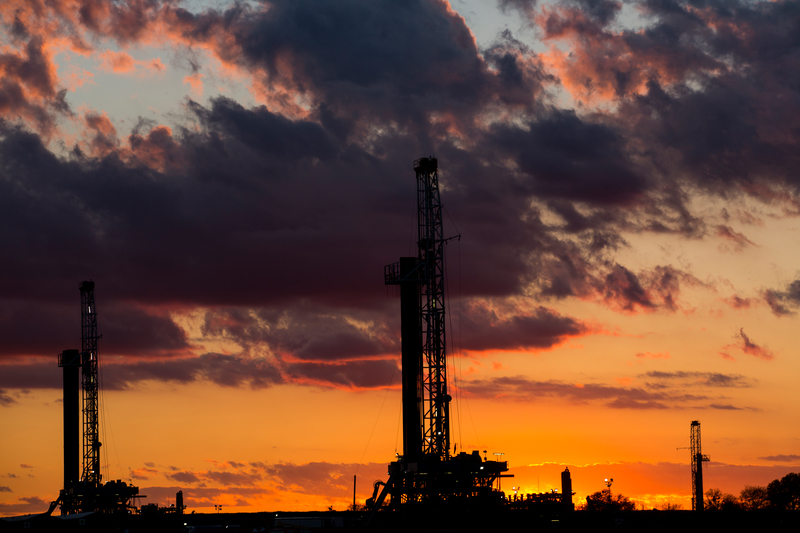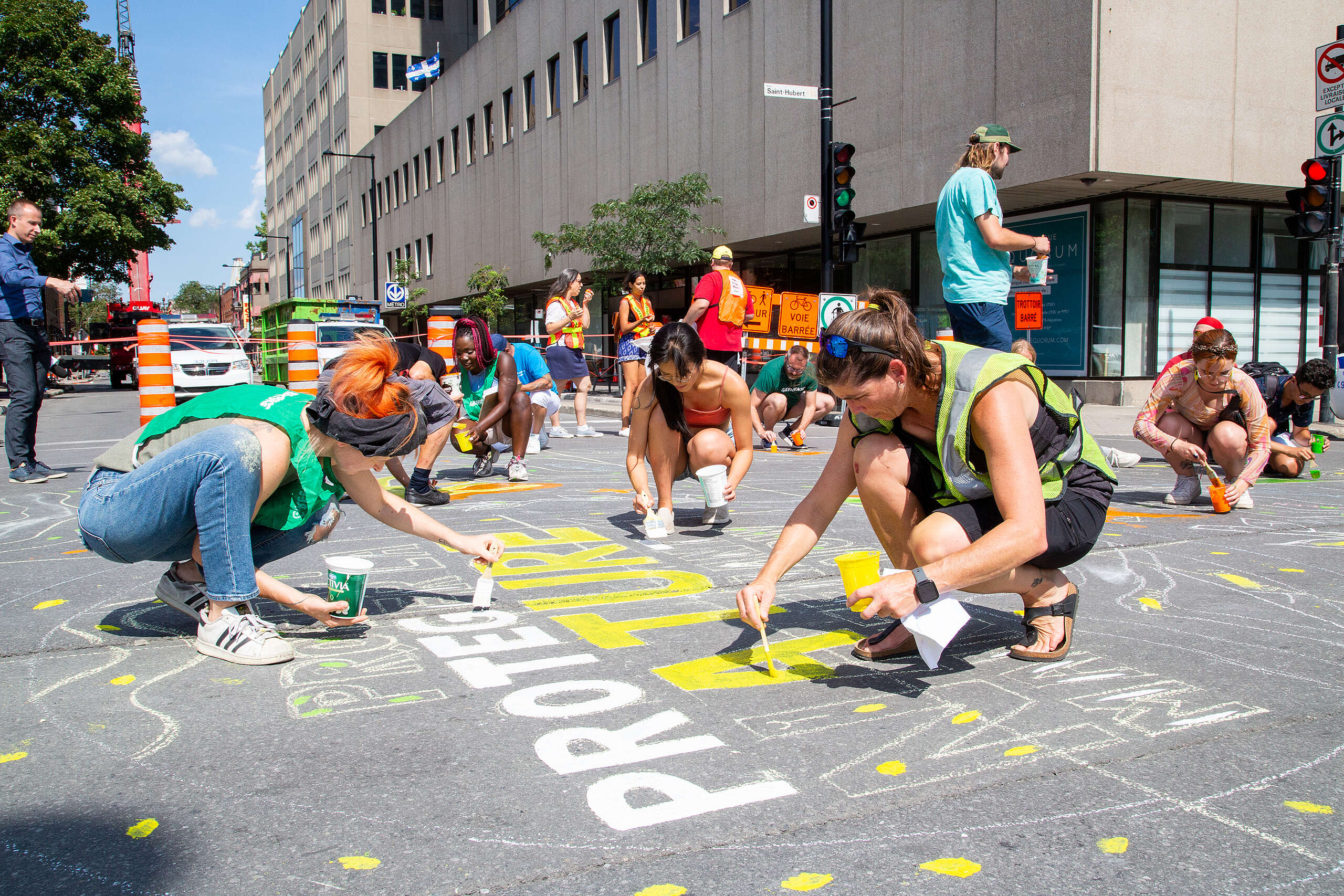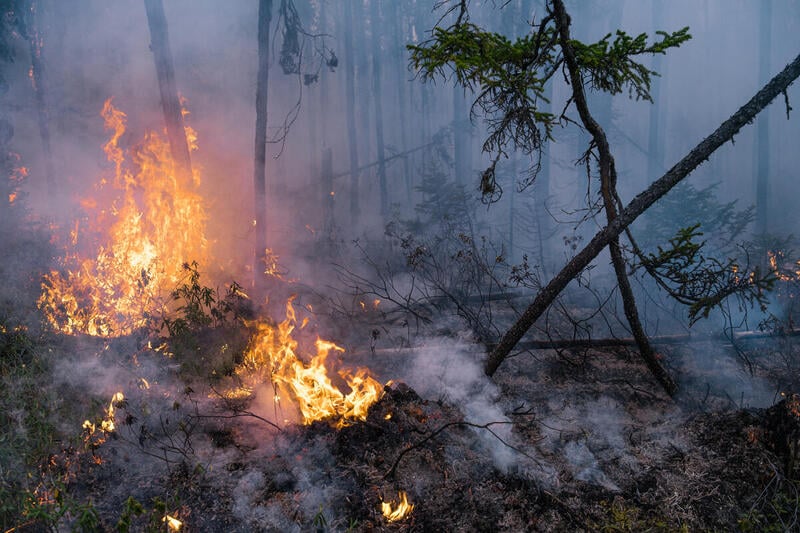As a first-time mother, the slightest cough, sneeze (or was-that-a-wheeze?) and he’s got my attention. Born in November, it didn’t take a global pandemic for me to force all visitors to wash their hands the minute they walked through the door to meet my son. For someone who used to incessantly bite my nails and abided by the 5-second rule, I never thought I would become so obsessed with how dirty other people’s hands were. Touched the dog? Wash your hands. Tied your shoe? Wash your hands. Scratched your nose? Breathed too loud? Wash your hands. Old friends suddenly felt like walking germs. Dr. Google became my best, and worst, friend.
I couldn’t help it. From the moment my son curled up on my chest, I felt this uncontrollable love and overwhelming sense of responsibility. The fragility of my newborn shocked me; a maternal instinct to protect kicked in. But it’s not just the germs, the strange green poops, (and night-time feeds of course) that keep me up at night.
It’s the air quality he breathes, and the water he drinks. It’s the prospect of mass extinction, of crop failures and droughts, of societal upheaval as heatwaves and rising oceans make areas uninhabitable. I could go on and on. I do. Late at night, my mind goes into overdrive. In the mornings, smog alerts I previously ignored, now shaped my days.
I try to imagine the future, his future. I think of the ten years we have to act, to “fix” things, to reduce our emissions, and I see only token actions. Or worse. Are we really financing pipelines? My eco-anxiety shifts into high gear. I struggle to remain hopeful.
Then Covid-19 sweeps in, putting a halt on most business and pressing pause on society. And, oddly enough, as terrible and utterly devastating as this time has been for many, this crisis awakens possibilities. During this pandemic, our governments were able to react, to bring in strong measures to deal with this crisis, measures that no politician in normal times would dare to enact.
And so I think there is hope. Change is possible. Through the pain and the fear, I see challenge and I see hope. I see change, I see possibilities. I see strength and I see courage. I start believing again.
Over this past spring, we have seen firsthand how our collective actions can protect us from harm. How when we work together (which yes, for some means staying home and baking sourdough bread) we can save lives and protect the most vulnerable. Lonely at times, our choices as a society have had an impact and shaped our collective future.
But this pandemic is not the only global threat that we face. As a society, we also need to seize this moment to address an even bigger crisis, one that’s given us warnings for years and that will affect us all: the climate crisis. Covid-19 has provided an opportunity to address long standing social inequality and environmental problems. Reevaluate our lifestyle, our choices. Temporary measures enacted to address the pandemic can and need to transition into long-term solutions for a just and green future.
We must collectively push for the same type of strong action to confront the environmental crisis. Yet, despite the clear blue skies in Delhi and crystal clear canals in Venice, it is obvious that endless confinements, lockdowns and business closures is not the way forward. Yet, to simply push play and continue on as before is to ignore our mistakes and run into a brick wall. But it’s not one or the other. This is an occasion to move away from an economic structure that will destroy our future. It is time to implement structural change that focuses on sustainable policies/economics.
Covid-19 has shown us that it is our choices as a society that shape our collective future. Individual and governmental. On my own, my choices matter, but together they create the kind societal change needed to affront this crisis.
Today is my first Mother’s Day. I had been looking forward to celebrating it in a non-traditional way. No flowers, no chocolate, no brunch. Baby Nioca strapped to my chest, alongside my own mother and sister, my nieces, our partners, and thousands of other mothers, I was ready to march up Parliament Hill to demand change. Because I don’t want my son to live in a world where wearing a mask becomes the norm. Covering your nose with a scarf in a winter storm makes sense; wearing a mask because the air is too polluted doesn’t.
And while these Covid times may have changed the way I will physically spend this special day, it won’t stop me from taking action. For Mother’s Day, I’m demanding :
- Bailout workers and communities – not corporate executives.
- Economic relief must go directly to workers.
- Provide free health support to all people.
- Invest in housing and clean water in Indigenous communities.
- Build resilient communities to prevent future crises.
- Create jobs by investing in environmental clean-up and energy transition.
Hard work means getting your hands dirty, sometimes. That’s ok. This time, I’m asking our government to not wash their hands of their responsibility to ensure a future for my son. Convert all energy supplies to clean energy? Get your hands dirty. Keep your promises to the Indigenous communities and learn from their expertise? Go on, dig deeper. Support local economy, and transition into an autonomous one? Go all in, we’ve got your back. We’ll share the soap once the work is done.



